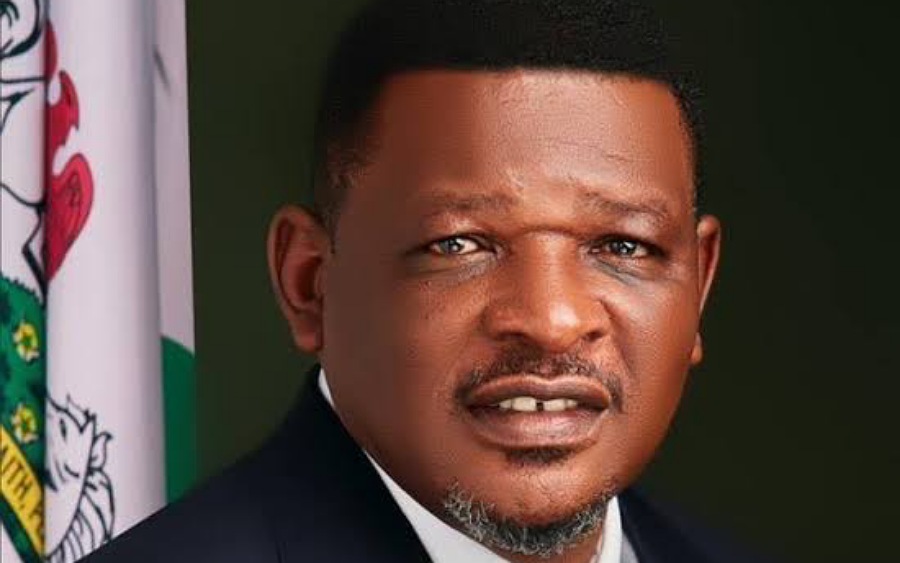The Federal Minister of State for Power, Goddy Jedy Agba, has said that renewable energy is a quick solution to Nigeria’s power supply gaps.
He stated this during the February 2 retreat organized by the Rural Electrification Agency (REA). The retreat, which was themed ‘Institutional Strengthening for Sustainable Development’, was centred on improving Nigeria’s off-grid power sector.
According to Jedy Agba, projects implemented through the Rural Electrification Agency (REA) will go a long way in closing the energy gap and enlivening unserved and underserved Nigerians. He said:
- “While drawing in quality investments and private sector participation in the space, this administration’s efforts to improve energy access through on and off-grid electrification solutions are commendable. We must not lose sight of Vision 30:30:30, aimed at raising the generation capacity to 30,000MW by 2030, of which 30 per cent will be from renewable sources.
- “Already, we can see how pivotal this agency is to this vision and the critical roles it must continue to play in the global conversation on energy transition and off-grid electrification. I am delighted that the REA has consistently proven to be a forward-leaning agency, open to learning and continuous improvement.”
Level of impact so far: Through collaborations with the African Development Bank (AfDB) and World Bank, the REA has achieved some successes under the Nigeria Electrification Project (NEP). According to this snapshot, 5 million Nigerians have been electrified, and 1,227,465 solar home systems (SHS) have been deployed across the 36 states of the Federation.
Also, 67 mini-grids have been completed with 52 megawatts (MW) of solar photovoltaic capacity deployed, and 26 containerized solar systems have been deployed to health facilities across the country. 249,193 tons of carbon emissions have been saved, while 1,151 jobs have been created.
In December 2022, Nairametrics reported that the REA said that about 5 million people across the six geo-political zones of Nigeria are now enjoying access to clean, safe, reliable and affordable electricity through the use of SHS technology.
According to the REA, the objective of standalone solar home systems (SHS) for households and micro small medium enterprises (MSMEs), is to help millions of unserved and underserved Nigerian households and MSMEs access better energy services at an affordable cost, through private sector companies.
A hindrance: Also, in December 2022, the International Energy Agency (IEA) said in its 2022 renewables report that Nigeria’s renewable energy growth would be 1 gigawatt (GW) by 2027.
- According to the report, Nigeria would add 1 gigawatt (GW) of renewable capacity between 2022 and 2027, less than the expected growth in South Africa, Ethiopia, Tanzania, Angola, and Kenya.
- The report also noted that Nigeria currently lacks enabling policies for large-scale renewables. And the situation hinders the extensive development of renewable energy.
However, Nigeria’s renewable energy industry has enjoyed some level of success as of 2022. Recently, some active industry experts told Nairametrics, that in 2023, solar mini-grids will start to power not only off-grid communities but also become a critical piece of the peri-urban power market through grid integration. They also say that local currency debt will become more widely available to mini-grid developers, which has been a major market gap.
